By Victor Olaniyan
In the sleepy community of Eleyoka, just outside Offa in Kwara State, farming has long been more than a job, it is a lifeline. For farmers like Mr. Kehinde, that lifeline is slipping through his fingers.
“You can work on your farm for many weeks, and one afternoon, cows will come and finish everything,” he says, surveying what remains of his maize plot.
His frustration is rooted in a broader reality: as climate change stretches Nigeria’s dry seasons, herders are driving cattle deeper into southern farmlands, especially in the lead-up to planting season, igniting violent confrontations with crop-growing communities.
Climate and Conflict: A Deadly Mix
Recent academic findings attribute a 0.211 % drop in crop output—and 0.311 % in livestock—per 1 % rise in rural insecurity in states such as Benue. Between 2020 and 2024, an estimated 2,347 casualties occurred across 359 farmer-herder incidents nationwide, with Nigeria leading West and Central Africa in such fatalities.
The tipping point: land scarcity driven by growing populations, expanding crop areas, and desertification—declared a crisis as Nigeria loses up to 350,000 hectares of land every year, costing an estimated $5.1 billion annually.
When the Weather Turns Against You
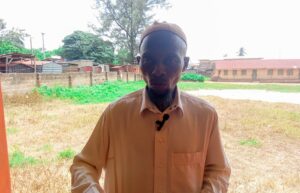
Alhaji Abdulwaheed Raji while speaking during the interview.
For Alhaji Abdulwaheed Raji, a teacher and part-time farmer, the season has brought relentless rains that wash away fields, while prolonged dry spells wither seedlings.
“The rain falls too much … the sun is not coming when we need it, and the rain is not stopping when it should.”
Nationally, more than 31 million Nigerians now face food insecurity, as smallholder farmers—who produce over 90 % of food—struggle with water shortages, erratic rainfall, and rising temperatures. 2022 flooding wiped out 110,000 hectares of farmland, destroyed over 200,000 homes, and displaced 1.4 million people .In 2023, floods disrupted livelihoods across multiple states, causing $9 billion USD in economic damage.
Ground Realities: Voices from the Field
Mr. Kehinde recounts the destructive power of cattle,
“It is painful… one day cows will come and finish everything.”
Fertilizer support is patchy and unpredictable. And without reliable funding, he says, he cannot scale production or protect his family’s food security:
“If I had more money, I would do better. But I just use the little I have to continue farming.”
Alhaji Raji echoes the sentiment:
“Farmers are losing hope because they are not protected. If not for God and my children who help me, I would have stopped farming.”
He emphasizes farming’s national importance:
“Education is good … but farming feeds the nation. Let the youth learn both.”
The Larger Picture: Institutional Failure
Despite policies like anti–open grazing laws adopted by several states since 2016, including Benue, Ekiti, and Taraba, enforcement remains weak—and violence has persisted or even surged in many areas Studies show exclusionary bans often exacerbate conflict if not paired with inclusive grazing policies or ranch development.
Groups like the World Bank‑funded ACReSAL project aim to rehabilitate degraded landscapes and reduce conflict through integrated land planning. By 2028, the program hopes to restore one million hectares in northern Nigeria—yet such projects have not reached communities like Offa.
The Cost of Silence—and Neglect
Farmers across Offa and nearby villages continue to rise before dawn, enduring hardship to plant crops—even as many others abandon their fields. The rising cost of seeds and tools, coupled with inadequate infrastructure, pushes them beyond their limits.
But these farmers are resilient—not weak. They seek only what they deserve: voices that are heard, support that is consistent, protection that is real.
They are not just growing crops. They are feeding families, nurturing futures, and holding on to hope amid adversity. Their stories are a clarion call—and they deserve to be told with clarity, backed by fact, and met with action.
![]()

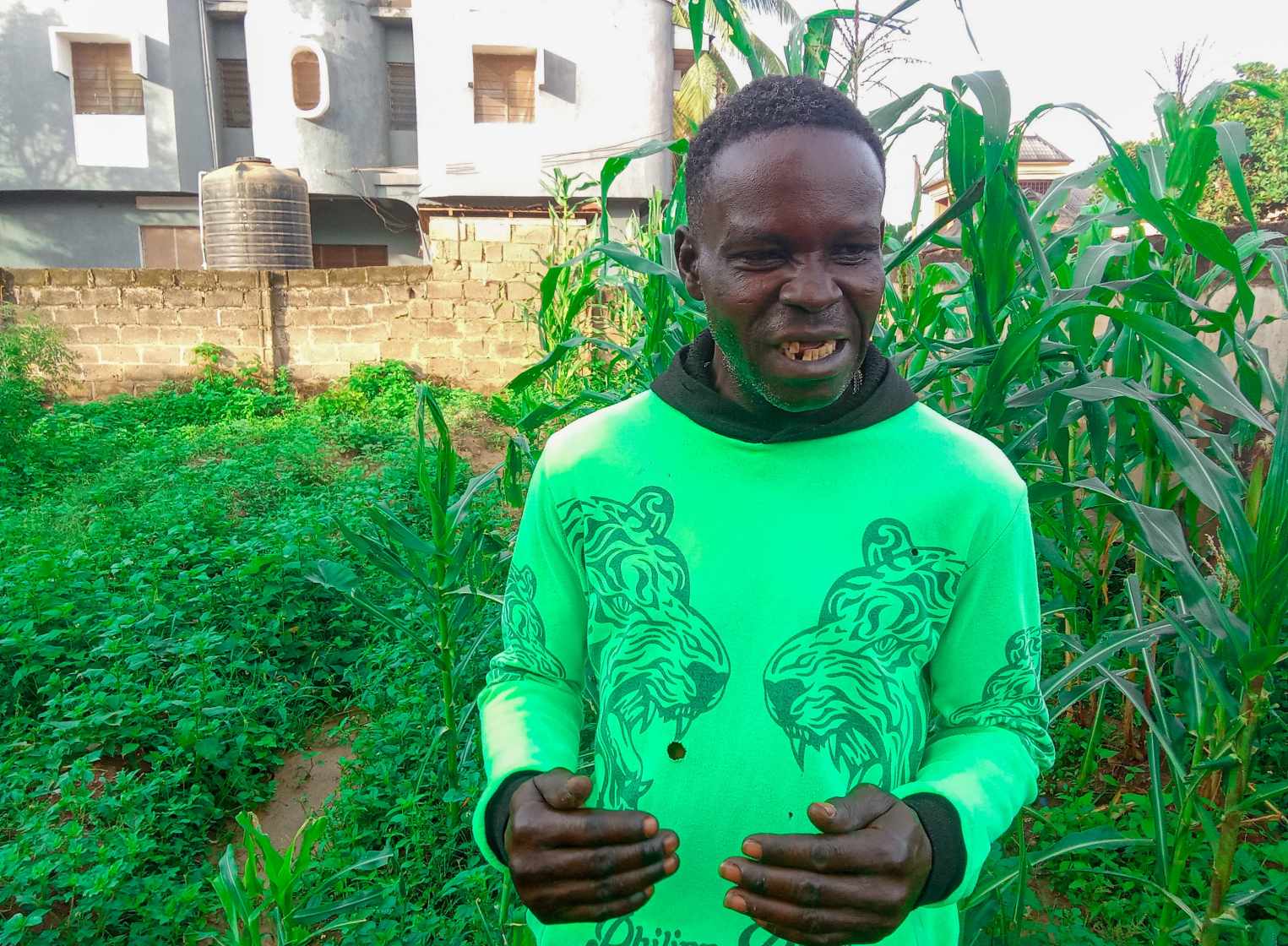
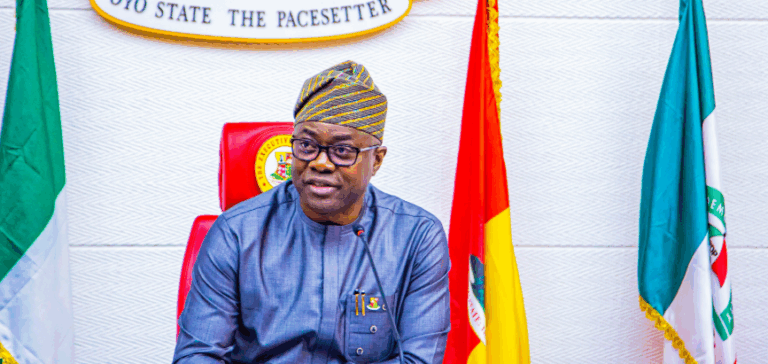
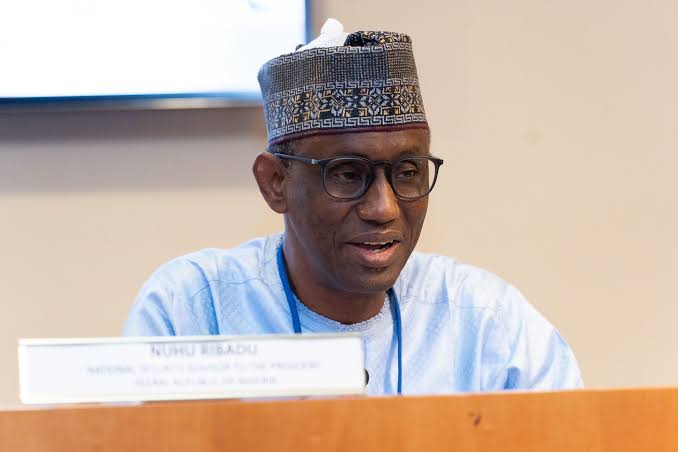
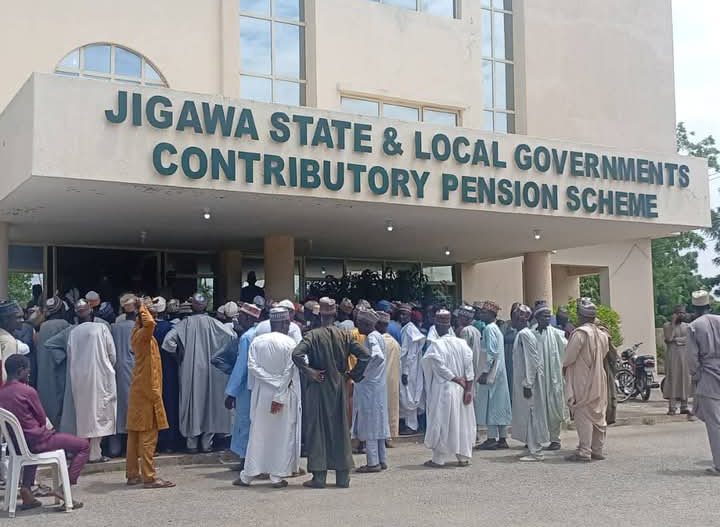

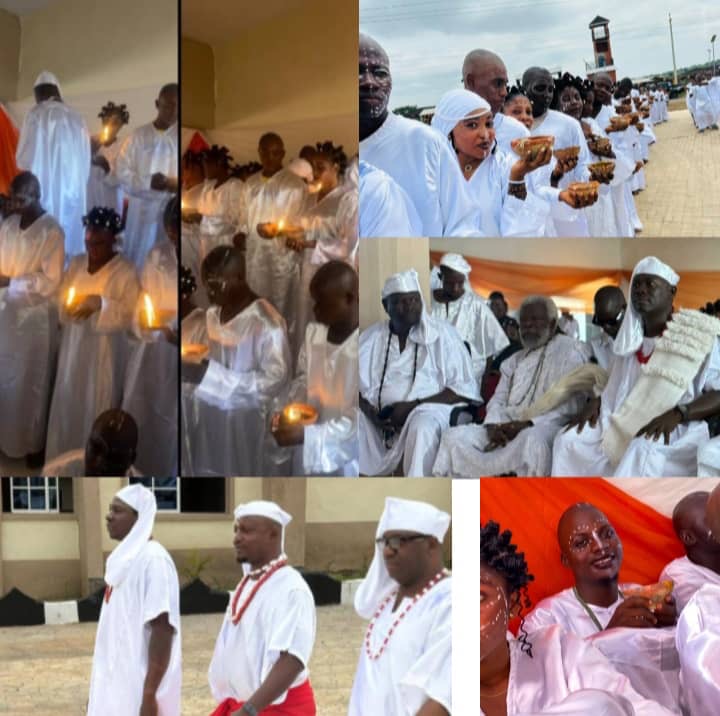
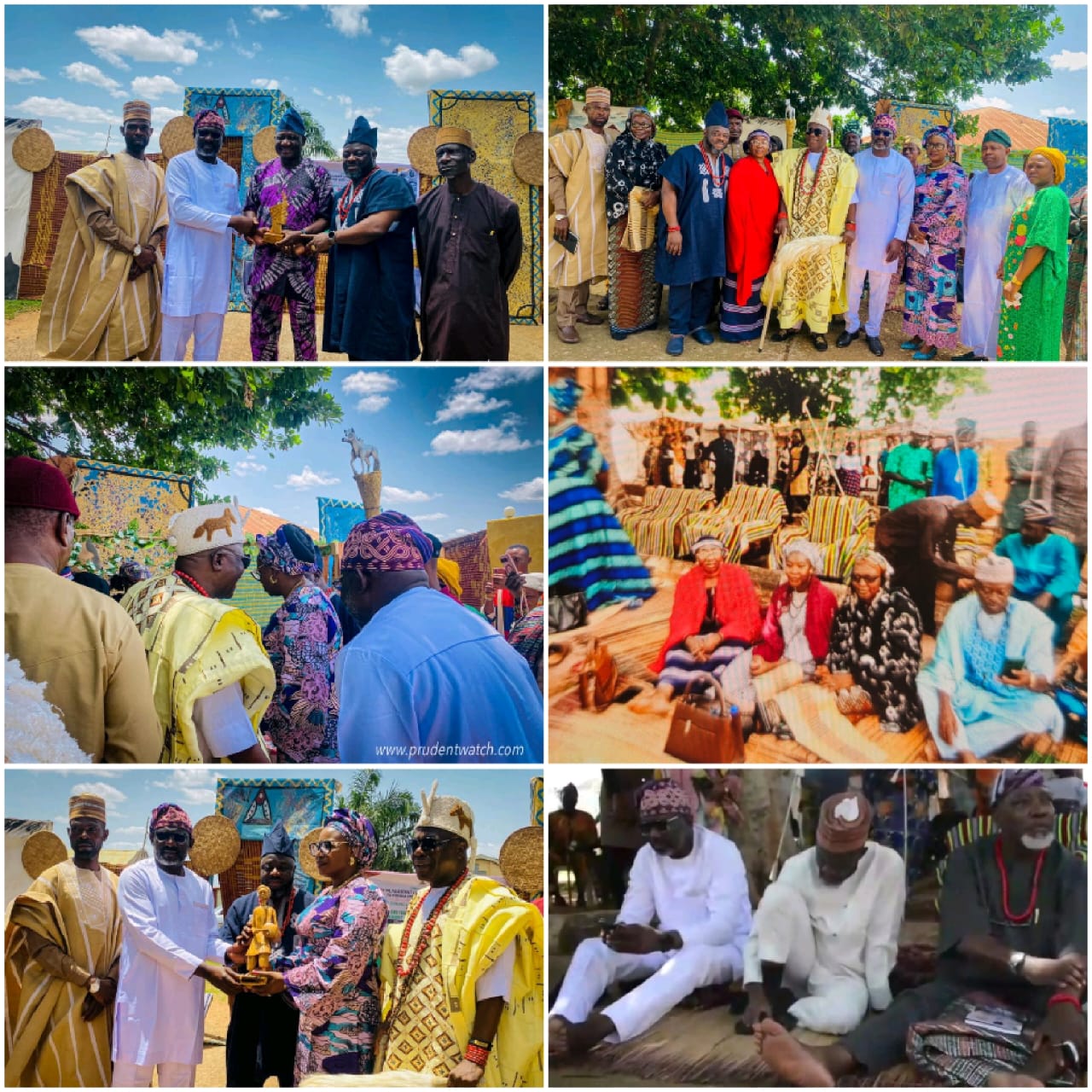
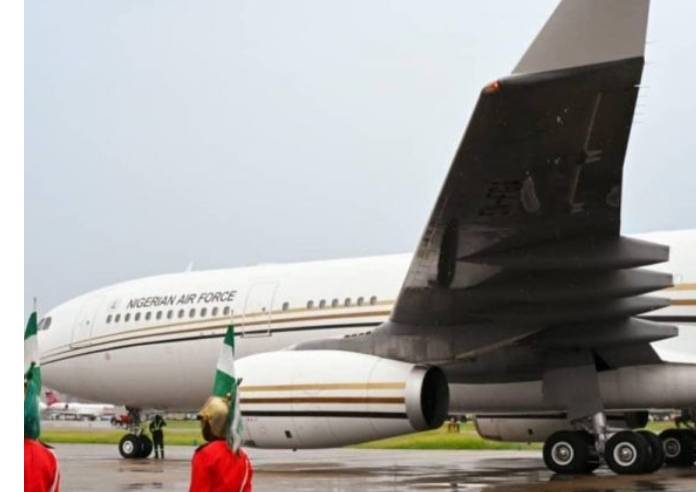
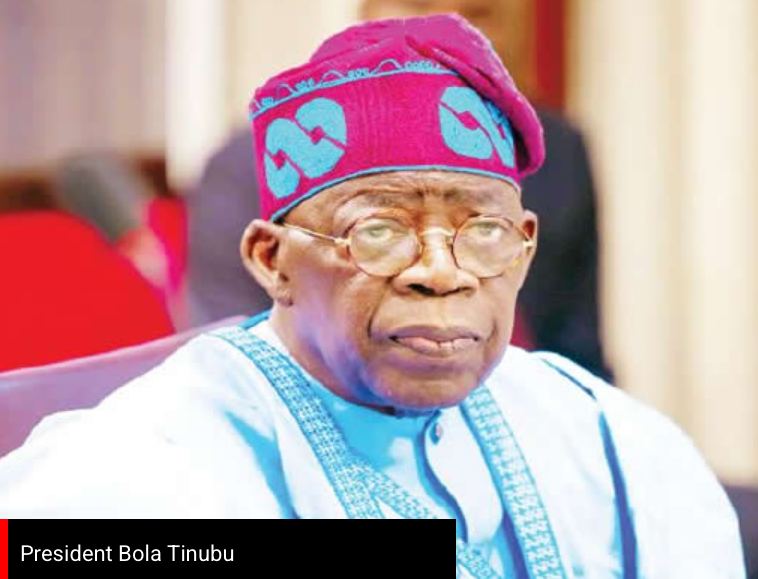
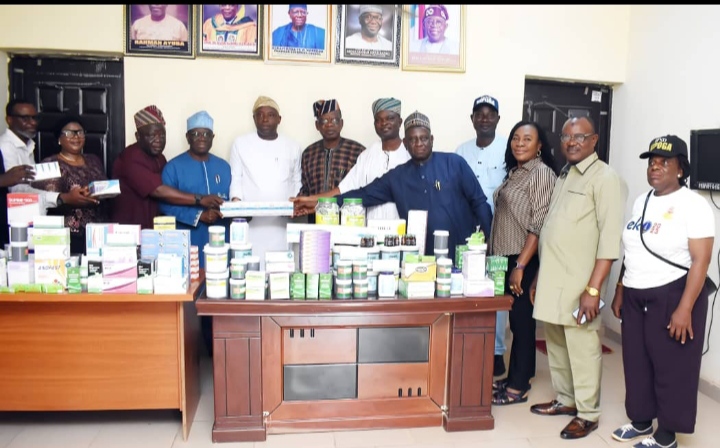
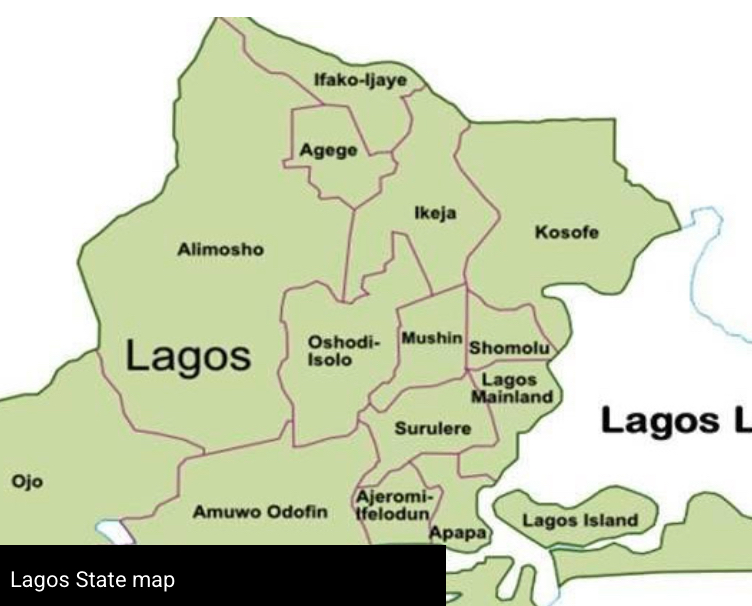
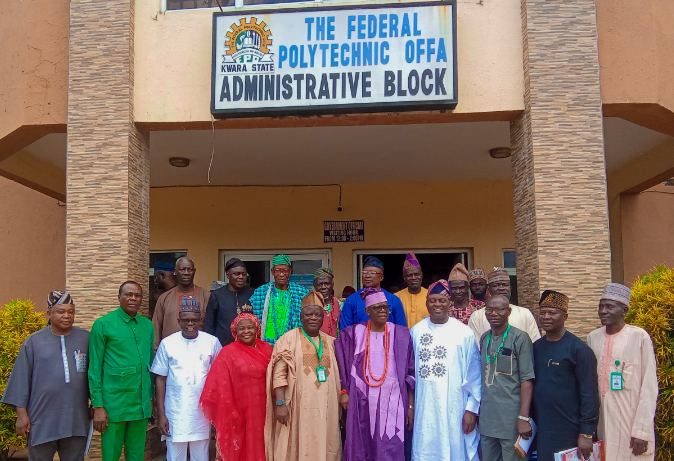
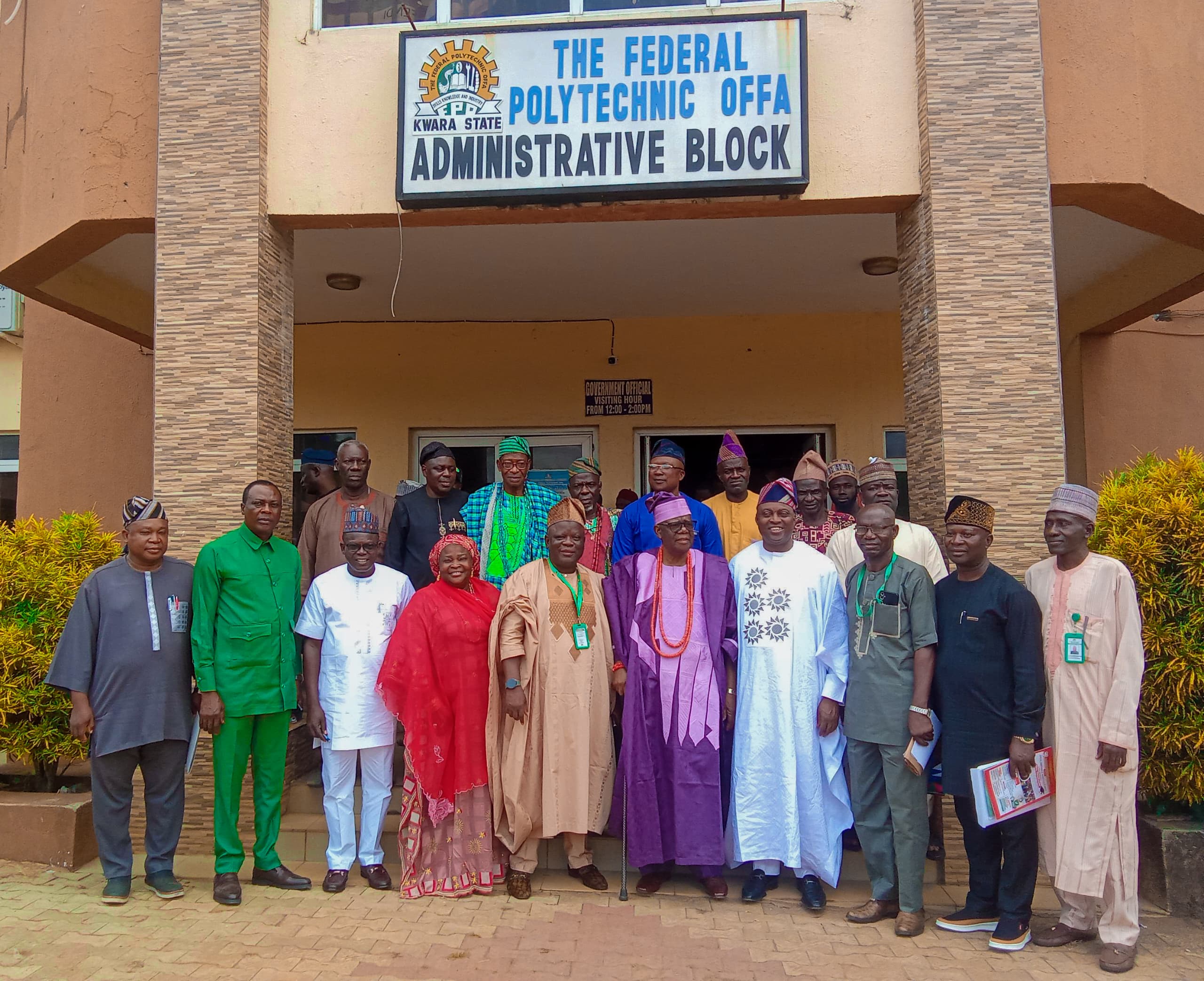
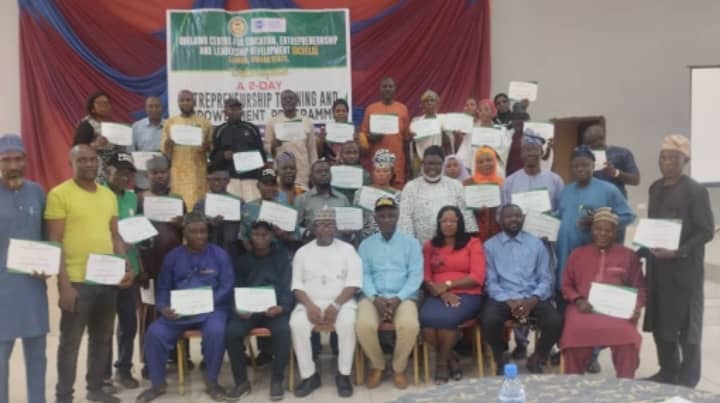
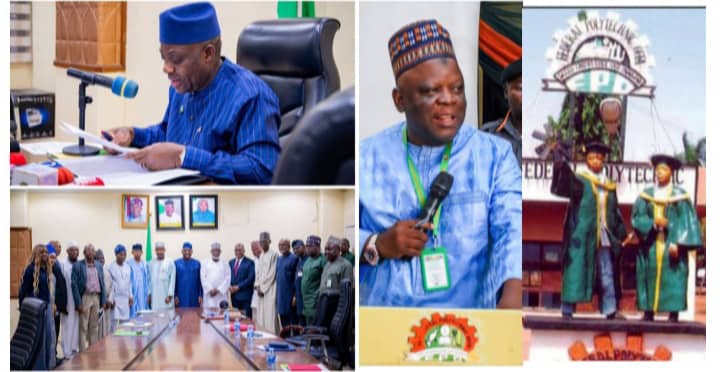
Leave a Reply